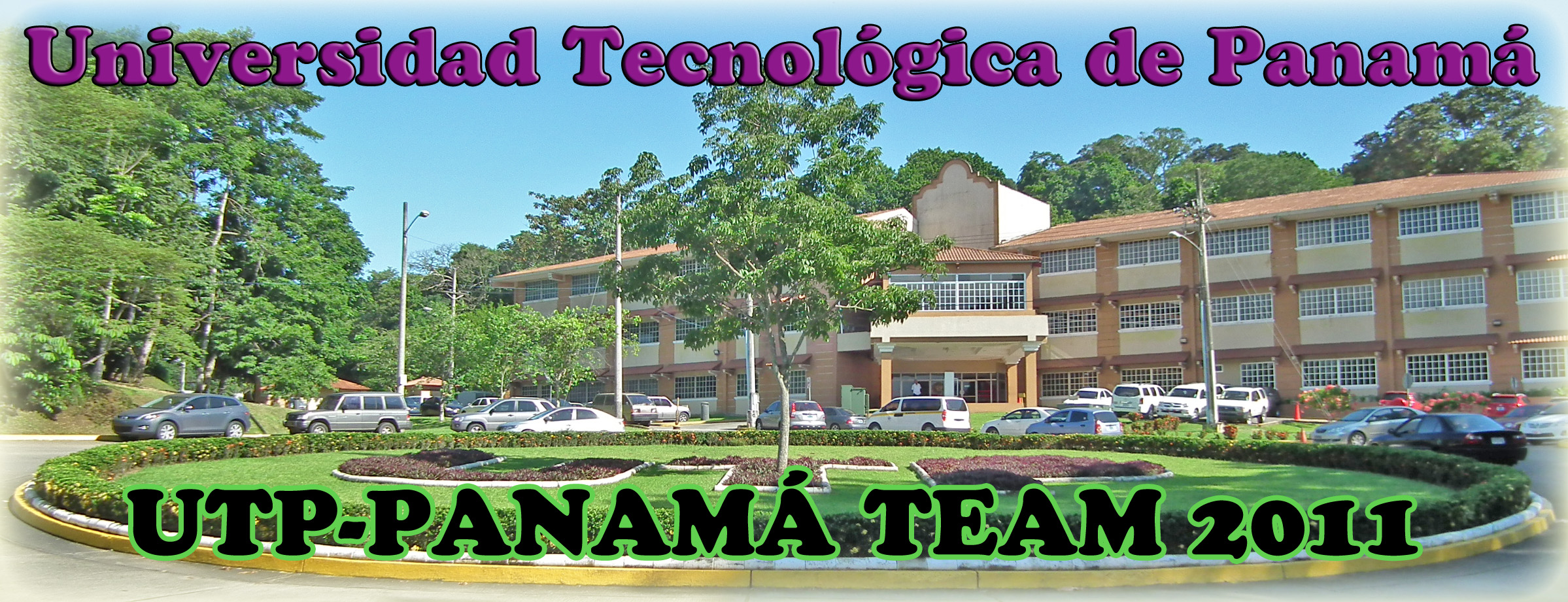Team:UTP-Panama/Human Practices
From 2011.igem.org
|
Home |
HUMAN PRACTICESThe human practices team is integrated by: Valery Díaz, José Ng, Arturo Nieves, Naicolette Agudo, Lucia Palma (as advisor) and Grimaldo E. Ureña and other members of the iGEM team interested in the Human Practices area.
From the earliest stages of human evolution when homo sapiens hominids apart from the others hominids, the ability to create progresively better tools and most importantly, the capability of transfer information between individuals has led the advancement of society. Since the tribes and clans, their ability to frame and transmit knowledge as science is one of the basic human capacities that have decided many scientific discoveries and social changes through human history. Every new revolution has to embrace the critic eye of the people. Similarly, our team thinks we should treat the introduction of synthetic biology to the society as a factor in the equation that helps our country develop and evolution.
Human Practices ProjectIntroductionAt the beginning of this journey, the members of the UTP-Panama iGEM team confronted a fundamental question, the same one that all who are involved in the field of Synthetic Biology find: What is Synthetic Biology? This aspect is emphasized more in our team, being a team of members studying engineering careers, not related to biological or "life sciences".
a) Introducing into the field of SynBio and its basic subjects to the ones that are not familiar with this science, for which we proposed the creation of the SB UTP 1.0 b) Help people who needs to develop SynBio project at all levels, with a self-assessment tool and guidance on the most relevant aspects that you need to consider for which your project is within the regulatory, ethical, moral or institutional field, but primarily to discover what are the realities that exist around them (environment) for advancing or hindering the development of your project. Our solution for this aspect is the creation of the SB UTP PROJECT 1.0 The ProblemIn our role as iGEMers, we faced many issues to develop synthetic biology in our country. Some of them were:
1. Explain and introduce what is synthetic biology at all levels of society, emphasizing the engineers.
Our ProjectOur team's goal was to introduce and disseminate the issues and implications related to synthetic biology. To meet these objectives we developed three separate projects: Here are the parts of our project:
NotesThe original SB UTP 1.0 and the SB UTP Project 1.0 programs are available in Visual Basic 2010. If you want a copy please tell us at the World Jamboree 2011.
REFERENCES[1] New Directions:the Ethics of Synthetic Biology and Emerging Technologies, 2010. PresidenPresidential Commission for the Study of Bioethical Issues Report. [2] Erik Parens, Josephine Johnston, and Jacob Moses 2009 Ethical Issues in Synthetic Biology. The Hastings Center, Garrison, New York. Synthetic Biology Project / SYNBIo 3, Woodrow Wilson International Center for Scholars. |
 "
"

